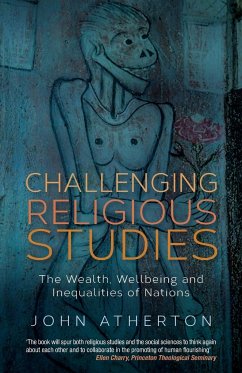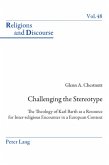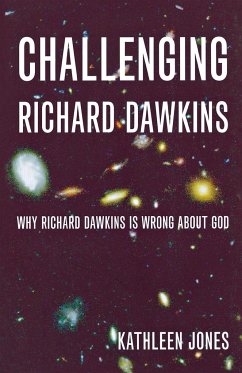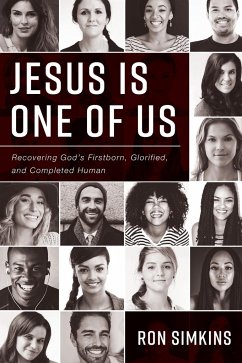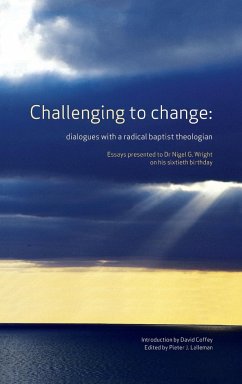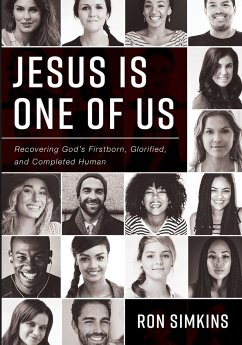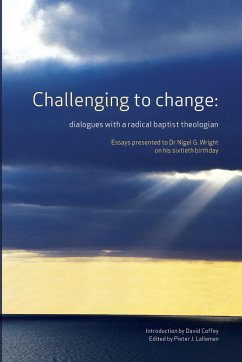This book represents a breakthrough in our understanding and development of the practices, ethics and theories of religious studies through engagement with the world of daily life and its breath-taking transformation since 1800, as revealed particularly in living standards, life expectancy and subjective wellbeing. Together with the equally disturbing growth of inequalities between and within nations, this constitutes the profound paradox of development. What is of particular interest is the book's rigorous treatment of the question why religion is better at delivering greater subjective wellbeing and how it does so. To build such arguments always involves engaging with key related disciplines, experiences and practices, including economics, psychology, sociology and economic history. But it will also increasingly offer religion the opportunity to participate in such developments but always and increasingly through collaboration with other such disciplines and experiences, and always with the objective of furthering the greater wellbeing of all people in and through their environments.
Hinweis: Dieser Artikel kann nur an eine deutsche Lieferadresse ausgeliefert werden.
Hinweis: Dieser Artikel kann nur an eine deutsche Lieferadresse ausgeliefert werden.

